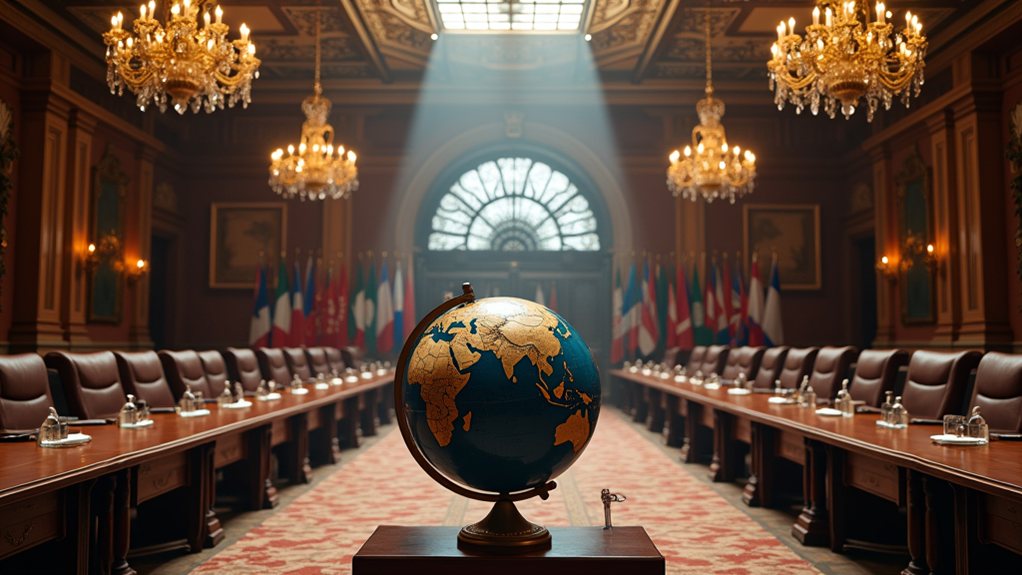Former President Donald Trump has sharply criticized Ukrainian President Volodymyr Zelensky over U.S. military aid. Trump called Zelensky "ungrateful" for the support Ukraine has received. He claimed that Ukraine isn't doing enough to fight corruption and accused Zelensky of being controlled by "radical left" forces. Trump said Ukraine should make a peace deal with Russia and threatened to cut off aid if Ukraine doesn't meet his demands.
Trump criticized Zelensky as "ungrateful," demanding more accountability from Ukraine amid ongoing military aid discussions.
In response, Zelensky defended his country's gratitude for U.S. support. He emphasized Ukraine's commitment to fighting corruption and rejected Trump's accusations about outside control. Zelensky stated that Ukraine will not surrender any territory to Russia and appealed for continued bipartisan support from the U.S. government. Additionally, Zelensky highlighted that U.S. aid has played a crucial role in supporting Ukraine's defense against Russian aggression. Trump's remarks come amidst a pause in military aid as the U.S. reviews its support strategy. The Supremacy Clause allows federal decisions to take precedence, which could be a factor in determining future aid policies.
This exchange has strained diplomatic ties between the two leaders. It has raised concerns about the future of U.S. aid to Ukraine. Trump's remarks have also emboldened pro-Russia voices in American politics. Meanwhile, European allies are worried about the U.S. commitment to Ukraine. The situation could weaken Ukraine's negotiating position in the ongoing conflict.
In Congress, some Republicans echoed Trump's criticisms. However, Democrats defended continued aid to Ukraine. There are ongoing debates about attaching conditions to future aid packages. Some lawmakers are calling for more oversight of how aid is spent in Ukraine. Discussions about a long-term U.S. strategy for the Ukraine conflict are also taking place.
Since 2022, the U.S. has provided $66.5 billion in military aid to Ukraine. This support includes weapons, equipment, and training. It represents the largest military aid package from the U.S. since World War II. This aid is vital for Ukraine's defense against the Russian invasion.
Public opinion in the U.S. is shifting. There's declining support for unconditional aid to Ukraine, with increased scrutiny of spending. Concerns about domestic priorities versus foreign aid are growing, highlighting a widening partisan divide on Ukraine policy.









